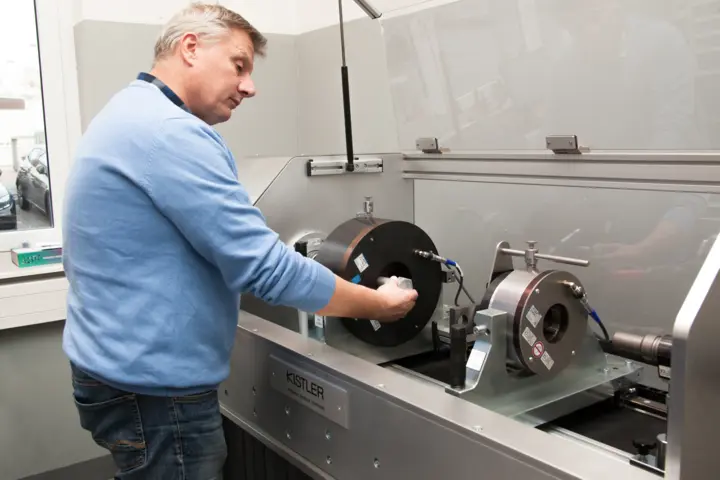REYHER aims to maintain its long tradition of professionalism in supplying and advising customers across many different industrial sectors – and to achieve its goal, this Hamburg-based company puts its trust in an ANALYSE system by Kistler. One particular benefit of the system: it can perform standard-compliant friction coefficient tests on fasteners of sizes up to M48, such as those often used in wind turbines.
If fasteners are what you need, you go to REYHER. For over 70 years, this company has supplied fasteners and fixing elements for threaded joints of all types from its base in Hamburg, North Germany. REYHER (or F. REYHER Nchfg. GmbH & Co. KG, to use the company's full name) operates as a wholesaler to supply over 11 000 customers across the globe from a range comprising 130 000 different articles.







![Reyher - Success story [object Object]](https://kistler.cdn.celum.cloud/SAPCommerce_Document_Preview/961-305e.webp)